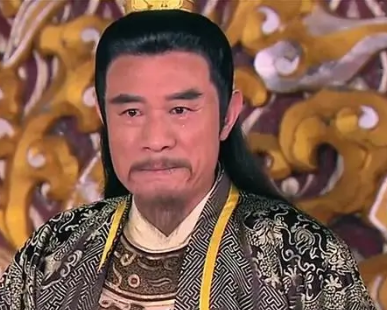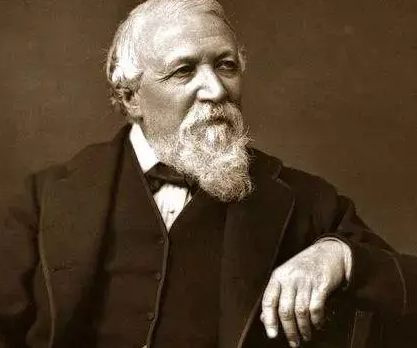In the Jingnan Campaign of the early Ming Dynasty, Li Jinglong, as a general of Emperor Jianwen, commanded a large number of elite troops, but still lost to Zhu Di, who rose in rebellion, at a crucial moment. The outcome of this battle had a profound impact on the power structure of the Ming Dynasty. Zhu Di ultimately usurped the throne and became Emperor Yongle, while Li Jinglong's defeat became a mystery in history. Analyzing the reasons for Li Jinglong's defeat against Zhu Di, we can explore from the following five aspects.

1. Strategic Misjudgment
Li Jinglong was too conservative in his strategy. He chose to adopt a defensive posture around Beijing (now Beijing) in the hope of weakening Zhu Di's forces through attrition warfare. However, Zhu Di did not directly attack Beijing, which was heavily guarded, but instead adopted a flanking tactic to bypass Beijing and go straight for Nanjing. This strategic misjudgment prevented Li Jinglong's army from playing its due role.
2. Low Morale of the Troops
Although Li Jinglong commanded a large number of elite troops, the morale of his army was not high. This was mainly due to Emperor Jianwen's unpopular policies, coupled with Zhu Di's declaration that he was rising in rebellion to eliminate corrupt officials and restore the ancestral system. This made Li Jinglong's troops lack combat willpower when fighting against Zhu Di.
3. Internal Division
There were different factions and interest groups within Li Jinglong's army, and these internal conflicts were further amplified during the war. Some generals may have been unwilling to fully support Li Jinglong due to personal interests or political positions, resulting in inconsistent command and reduced combat effectiveness.
4. Zhu Di's Military Talents
Zhu Di's military talents cannot be ignored. He repeatedly employed flexible and varied tactics such as surprise attacks and ambushes in the war, making it difficult for Li Jinglong's army to respond. Zhu Di's military actions were often able to quickly and effectively strike the enemy's weaknesses, thereby gaining an advantage on the battlefield.
5. Public Support
Zhu Di received considerable support from the people when he rose in rebellion, especially in the northern regions. Many civilians and soldiers were dissatisfied with Emperor Jianwen's policy of reducing the power of the feudal lords. This public support had a certain impact on the outcome of the war, as popular support played an important role in war replenishment and intelligence collection.
In summary, despite commanding a large number of elite troops, Li Jinglong ultimately lost to Zhu Di due to strategic misjudgment, low morale of the troops, internal division, Zhu Di's military talents, and public support. The defeat of this battle not only changed Li Jinglong's fate but also ushered in a new chapter in the history of the Ming Dynasty.
Disclaimer: The above content is sourced from the internet and the copyright belongs to the original author. If there is any infringement of your original copyright, please inform us and we will delete the relevant content as soon as possible.
































